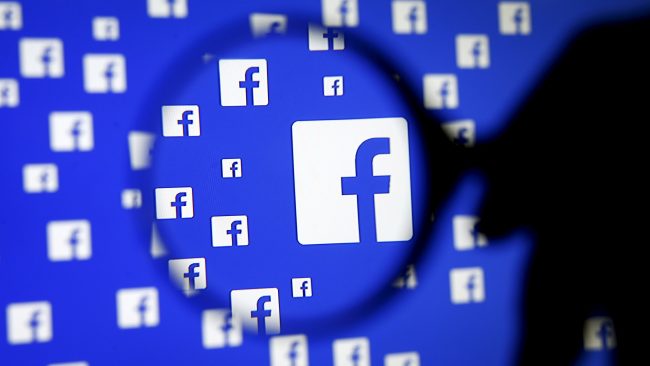According to a recent study, if you are into a habit of counting likes after you post a picture or a post on any social networking site, it means that you lack a sense of purpose in life.
The connection between counting likes and sense of purpose
The study said that the people with a sense of purpose do not get such a boost of self-esteem with a few extra likes on their posts. Anthony Burrow, Assistant Professor at Cornell University, NY, US said, “We found that having a sense of purpose allowed people to navigate virtual feedback with more rigidity and persistence. With a sense of purpose, they are not so malleable to the number of likes they receive.”
The research stated ‘sense of purpose’ as the present motivation which is self-directed and oriented towards the future and is beneficial for others as well.
It always feels good when you get compliments and tons of likes, but not so good when you base your self-esteem on that. Burrow added, “Otherwise, when one receives few likes, he or she can feel worse and the individual’s self-esteem would be contingent on what other people say and think and over time that’s not healthy.”
On the contrary, purposeful people too noticed the positive reaction but they did not depend on it to feel good about themselves.
Nicolette Rainone says that it is due to the reason that the purposeful people have an ability to foresee themselves in the future and to act in ways which will enable them to achieve their goals. They are usually molded to give preference to the long-term positives rather than the short-term or immediate ones. They are not into counting likes to feel good about themselves.
How did they do this ‘counting likes’ experiment?

The study involved two experiments. For the first experiment, they gathered 250 avid facebook users and their self-esteem as well as the sense of purpose were measured.
They were asked how many likes they had on the pictures they posted. The users who reported a higher number of likes also reported a higher level of self-esteem. But users with higher levels of purpose showed the same level of self-esteem irrespective of the number of likes they got.
In the second part of the experiment, nearly 100 students of Cornell University were asked to click a selfie. They had to post it on the social media, “Faces of the Ivies.”
These students were then told that the photo had received a high, average or low number of likes. A higher number of likes raised the self-esteem but again only in the case of students who had a lesser sense of purpose, Burrow explained in the paper which appeared in the Journal of Experimental Social Psychology.
Are you counting likes too?

